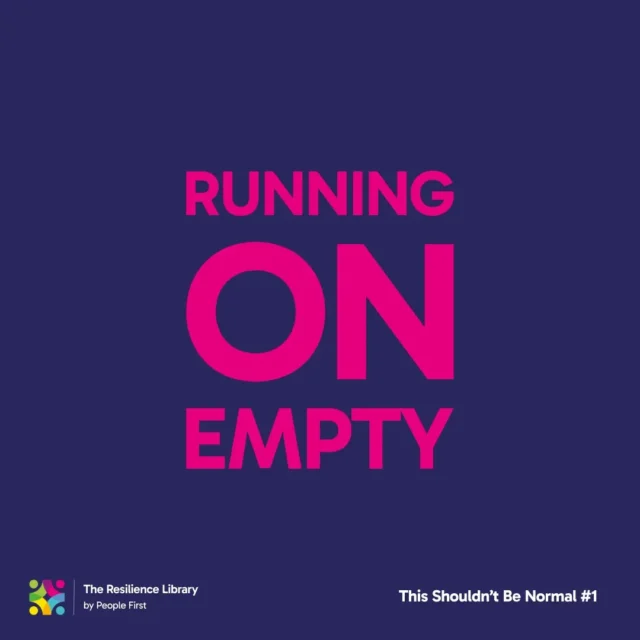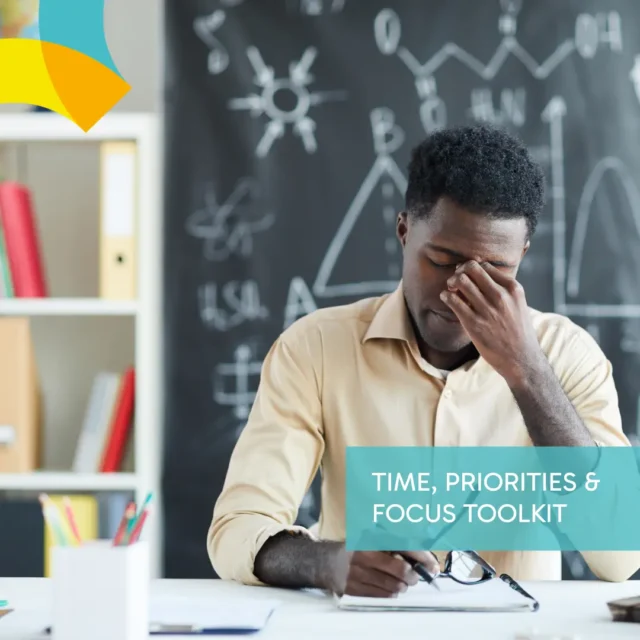
20 March 2024
Employees’ wellbeing skills – 5 assumptions
We had the pleasure today to kick start our strategic wellbeing webinar series in association with Smart Clinic. Today we focused on 5 assumptions we might make about employees’ wellbeing skills.
In today’s diverse workplaces, assumptions about employee wellbeing skills can vary widely, influencing engagement and satisfaction levels. By actively supporting and enhancing these skills through resources and opportunities, organisations can boost productivity and foster a culture of wellbeing. That’s why we offer a range of wellbeing workshops, coaching programmes, and habit-building initiatives to bridge the knowledge-action gap.
Let’s explore five common assumptions employers may be making about their employees’ wellbeing skills.

1. Resilience
Let’s delve into the concept of resilience. Often perceived as an inherent trait, it’s actually more fluid. Resilience functions like a muscle, it strengthens and evolves through experiences, support networks, and personal development. While some may possess a natural aptitude for it, others can develop resilience through conscious effort and self-awareness.
Now, think about your team. Do you assume everyone’s resilience is uniform, that they’ll all weather challenges in the same way? Or do you recognise the importance of nurturing this skill, particularly since nearly a quarter of individuals struggle with failure acceptance? How we aid our team through setbacks holds significant weight. A culture that embraces trial and error, coupled with a growth mindset, can yield transformative results.
Why does resilience matter? In today’s dynamic landscape, it’s indispensable. Resilient individuals adeptly navigate change, manage stress, and drive innovation. They excel amidst uncertainty, fostering positive team dynamics and organisational triumphs. But it’s not enough to presume resilience, we must actively foster it.
So, how are you enhancing resilience? Consider implementing a wellbeing onboarding programme for new hires, equipping them with resources from day one. Some companies even develop employee educational wellbeing initiatives to develop these skills across the organisation.
In essence, resilience transcends being merely a trait, it’s a skill. By nurturing it within our teams, we empower individuals to surmount challenges, foster innovation, and propel success.
Do you assume your employees possess the capacity to rebound from setbacks, manage stress, and adapt to evolving circumstances in both their personal and professional spheres?
Resilience and adaptability are indispensable attributes in the contemporary workplace, enabling employees to effectively navigate change, cope with stress, and inspire innovation. By cultivating these qualities, individuals can flourish amidst uncertainty, contribute to positive team dynamics, and drive organisational success in a constantly evolving environment. The crucial aspect is to ensure that employees’ wellbeing arsenal is equipped with the necessary tools to handle stressors without significantly jeopardising their overall wellbeing.

2. Communication
It’s easy to fall into the trap of assuming that all adults possess impeccable communication skills. However, this presumption often leads us astray, as not everyone communicates or receives communication in the same manner.
Picture this: Do you automatically assume that your team members can confidently articulate their needs, set clear boundaries, and express their concerns? Are you certain that they possess the ability to deliver clear and assertive communication within your organisation?
At the core of successful collaboration, understanding, and trust among team members lies effective communication skills. These skills empower individuals to gracefully navigate conflicts, foster robust relationships, and contribute positively to the overall work environment, resulting in heightened productivity and satisfaction.
Clear communication serves as the cornerstone for ensuring tasks are comprehended accurately and executed efficiently. When everyone is on the same page regarding what needs to be done and how to do it, there’s less room for errors or misunderstandings, ultimately leading to time savings and reduced stress levels.
It’s essential to provide support to managers and leaders in refining their communication skills. This involves sharpening softer skills and enhancing emotional intelligence to effectively engage with their teams.
Consider the detrimental impact of workplace conflicts stemming from poor and ineffective communication. However, by taking proactive measures, such conflicts can often be prevented.
Understanding individual communication preferences is paramount. How often do your team members voice what effective communication means to them? Conversely, do they grasp what ineffective communication entails?
To effectively communicate with me, you must:
- Clearly explain the rationale behind decisions
- Encourage questions and open dialogue
- Maintain a steady pace and provide detailed explanations
Conversely, ineffective communication includes:
- Jumping between topics without context
- Constantly interrupting the flow of conversation
- Straying from the intended agenda
Offering team members the language, space, and tools to engage in conversations about communication is critical to unlocking their full potential.
So, how can you ensure that your team members possess the necessary communication skills to thrive in your workplace? What proactive steps are you taking to develop these skills and nurture meaningful relationships? These are questions worth pondering as we strive for excellence in communication within our organisations.
In conclusion, fostering effective communication skills among employees is essential for their wellbeing and organisational success. It’s about empowering individuals to express themselves, set boundaries, and engage meaningfully. Investing in communication isn’t just a perk, it’s fundamental for promoting employees’ wellbeing.
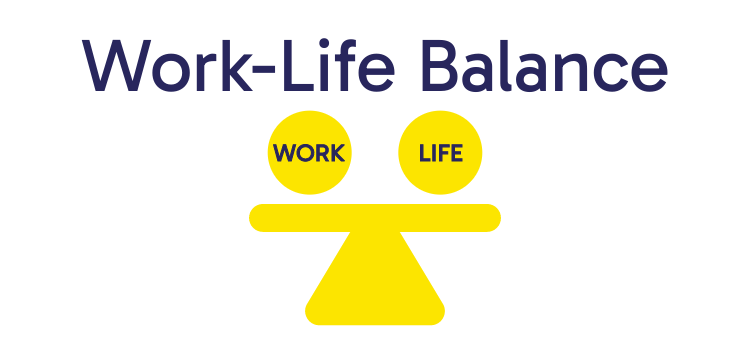
3. Work-life balance
There is a persistent challenge that resonates deeply within our work and wellbeing coaching programmes and daily endeavours, striking the delicate balance between our professional and personal priorities. It’s a puzzle I’ve grappled with personally, and it’s a puzzle that many of us face repeatedly.
How do we navigate this labyrinth of competing demands? How can employers lend a hand in helping their team members set boundaries around their work commitments? And perhaps most importantly, how do we ensure that these boundaries are tailored to fit each individual like a glove?
These questions don’t come with one-size-fits-all answers. Everyone’s circumstances and needs are as diverse as the colours of the rainbow. But what rings true across the board is the crucial significance of achieving a harmonious work-life balance.
When we prioritise the wellbeing of those in our professional circles, something magical unfolds. Effective time management and work-life equilibrium aren’t just trendy buzzwords, they are fundamental pillars of success. They pave the way for happier, more fulfilled employees who not only excel in their roles but also possess the resilience to navigate stress and sidestep burnout.
But let’s pause and ponder: Who taught us the art of managing our time effectively? Do we assume that our team members inherently possess this skill? And what mechanisms do we have in place to ensure that everyone is on the same page regarding priorities?
When we hit the mark, the rewards are nothing short of extraordinary. Productivity skyrockets, creativity blossoms, and team spirit receives a tremendous boost. By championing work-life balance, we’re not just showcasing our dedication to our employees, we’re investing in a robust, engaged workforce.
Yet, beyond the metrics and profit margins, this is fundamentally about people. It’s about safeguarding the wellbeing of each member of our team, both mentally and physically. When they have the breathing room outside of work to recharge, they return with a newfound vigour, ready to tackle challenges head-on.
So, how can we cultivate a culture that cherishes work-life balance? What support systems can we put in place for those who are struggling to find their equilibrium?
Effective time management and work-life balance are crucial in the workplace as they contribute to employee satisfaction, productivity, and overall wellbeing. When employees can prioritise tasks efficiently and maintain a healthy equilibrium between their professional responsibilities and personal life, they are better equipped to manage stress, avoid burnout, and achieve a sustainable work-life harmony.
How could your organisation model and support this crucial aspect of work-life balance to prevent burnout and sustain productivity?
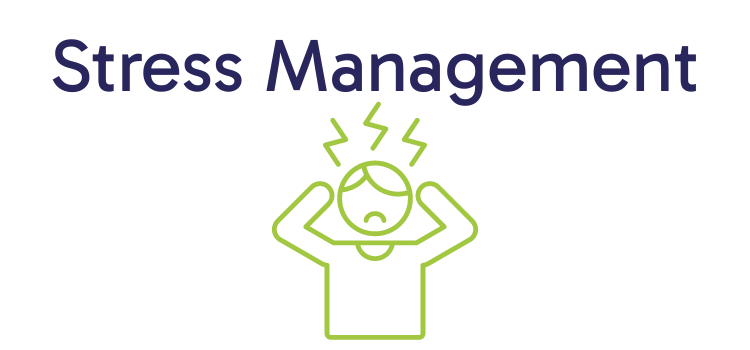
4. Stress Management
Stress management is not just a personal concern but a crucial aspect of organisational success. It’s easy to assume that employees naturally possess effective strategies for coping with stress, but the reality is often quite different.
Consider the case of a school teacher. Their daily battles include managing large class sizes, meeting rigorous curriculum demands, and attending to the diverse needs of each student. Recognising the pivotal role of stress management in their profession, they actively seek out resources to bolster their mental and emotional resilience. Attending workshops specifically designed to address the unique stressors faced by educators, this teacher learns invaluable techniques to navigate their workload, establish boundaries, and prioritise self-care. These efforts not only benefit the teacher personally but also radiate positively into the classroom environment.
By proactively investing in stress management initiatives, organisations can empower their employees to thrive amidst challenges. These efforts not only enhance individual wellbeing but also contribute to a more supportive and productive work culture.
However, the responsibility doesn’t solely fall on the individual. Organisations must also play a role in fostering a conducive environment for stress management. This involves providing accessible resources, encouraging open dialogue about mental health, and prioritising employee wellbeing as a core value.
It’s time to move beyond assumptions and take concrete steps towards equipping our workforce with the tools they need to manage stress effectively. After all, a healthier, happier workforce is the cornerstone of sustained success.
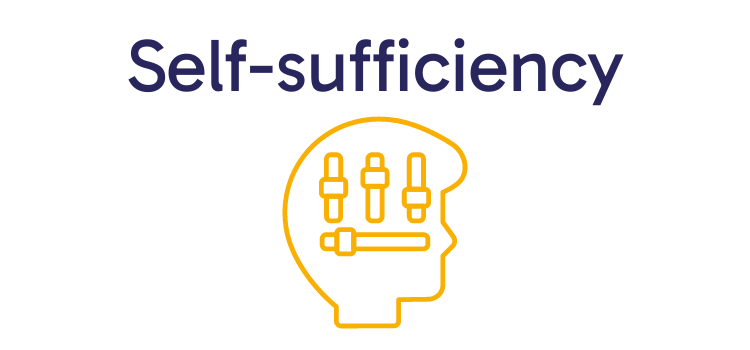
5. Self-sufficiency and health awareness
It is easy to assume that our employees are adept at managing their wellbeing independently. We might think they have all the tools and knowledge necessary to maintain their physical and mental health without additional support. But what if those assumptions aren’t entirely accurate?
The truth is, wellbeing, self-care, and access to resources are vital components of a thriving workplace. They directly influence employee morale, productivity, and overall satisfaction. When we provide robust support in these areas, we create an environment where employees feel valued, supported, and empowered to excel.
So, how can we actively foster the development of self-care strategies among our team members while ensuring they have easy access to essential wellbeing resources?
These questions are crucial because assumptions about employees’ abilities and needs can vary widely. What works for one person or one workplace might not align with the reality of others. As employers, it’s our responsibility to recognise and address these assumptions to better support the holistic wellbeing of our workforce.
Conclusion
Let’s spark a conversation about how we can bridge the gap between assumptions and reality, ensuring that every member of our team has the support and resources they need to thrive, including prioritising their wellbeing. After all, a healthier, happier workforce benefits us all. Start your journey to support your employees’ wellbeing and help them thrive. Get in contact today to see how partnering with us can make a difference.
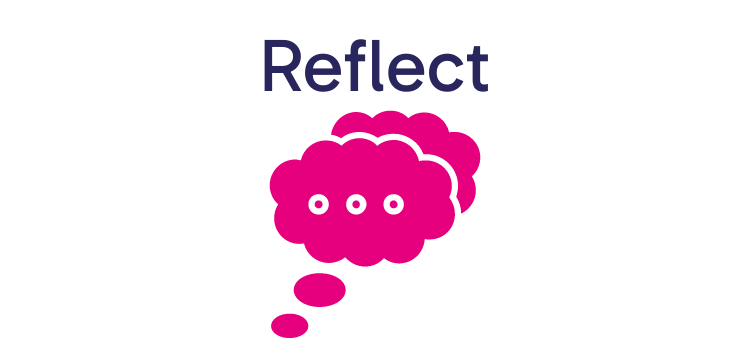
What assumptions might you be making about the wellbeing skills of those you work with?

What commitments will you make to challenge and revise your assumptions about the wellbeing skills of your colleagues?
What additional support and resources could you put in place to support the development of wellbeing skills?

The common wellbeing skills assumptions we make:
- Resilience
- Communication
- Work-life balance
- Stress management
- Self-sufficiency and health awareness
What other assumptions might you be making?



